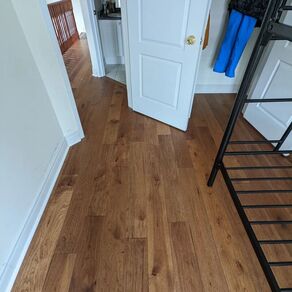 So, you're considering hardwood flooring for your home? Excellent choice! Hardwood floors offer a timeless beauty that can elevate the aesthetic appeal of any space. However, like any other flooring option, hardwood comes with its own set of disadvantages. But don't let that deter you! In this article, we'll delve into the common drawbacks of hardwood flooring and offer practical solutions to overcome them. So, let's get started!
|
| There's something undeniably captivating about hardwood floors. Whether it's the rich, natural tones or the intricate grain patterns, hardwood flooring has a way of making a room feel both luxurious and inviting. Here are some reasons why homeowners often gravitate towards this classic choice:
|
Common Disadvantages of Hardwood Flooring and How to Overcome Them
The Issue: Hardwood floors are prone to scratches and dents, especially in high-traffic areas or homes with pets.
The Solution: Opt for hardwoods with a high Janka hardness rating like Hickory or Maple. Additionally, you can apply a durable finish for added protection. Regularly sweeping and using furniture pads can also minimize damage.
2. Sensitive to Moisture
The Issue: Hardwood floors can warp or swell when exposed to moisture, making them less suitable for bathrooms or basements.
The Solution: Consider engineered hardwood flooring, which offers better moisture resistance. Also, maintaining a stable indoor humidity level can prevent warping.
3. High Cost
The Issue: Quality hardwood flooring can be expensive, both in terms of material and installation.
The Solution: Look for promotions or discounts from reputable suppliers. Alternatively, you can opt for less expensive types of hardwood like Oak or Ash without compromising too much on quality.
4. Fading Over Time
The Issue: Prolonged exposure to sunlight can cause hardwood floors to fade over time.
The Solution: Use window treatments like blinds or curtains to limit sun exposure. You can also refinish the floors every few years to restore their original luster.
5. Maintenance
The Issue: Hardwood floors require regular maintenance like sweeping, mopping, and occasional refinishing.
The Solution: Incorporate a low-maintenance finish and establish a regular cleaning routine. For deeper cleans, consider professional hardwood flooring sanding and refinishing.
6. Limited Style Options
The Issue: Unlike tiles or carpets, hardwood floors offer limited patterns and designs.
The Solution: Hardwood floors can be customized with inlays, mixed plank sizes, or different installation patterns like herringbone. For more design inspiration, check out our portfolio.
| While hardwood flooring comes with its own set of challenges, the benefits far outweigh the disadvantages. With the right knowledge and a little effort, you can easily overcome these drawbacks to enjoy the timeless beauty and durability that only hardwood floors can offer. Ready to make an informed decision about your flooring? Contact us at Parqueteam Hardwood Flooring for a consultation. Our experts can guide you through the selection process and help you find the perfect flooring solution for your home. |
Frequently Asked Questions About Hardwood Flooring Disadvantages
- Is hardwood flooring worth the investment?
- Absolutely, especially when you consider its durability and the value it adds to your home. Check out our blog post on which hardwood is best for flooring in Toronto for more insights.
- How do I maintain my hardwood floors?
- Regular sweeping and occasional mopping with a damp cloth are generally sufficient. For more detailed information, read our comprehensive guide on hardwood flooring maintenance.
- What are the alternatives to hardwood flooring?
- Laminate and luxury vinyl plank flooring are popular alternatives. Learn the pros and cons in our blog post comparing hardwood and laminate flooring.
- Can hardwood floors be installed in basements or bathrooms?
- While not ideal due to moisture concerns, engineered hardwood can be a viable option for such areas. Read our post on engineered vs. solid hardwood for more details.
- How much does it cost to install hardwood floors?
- Costs can vary based on the type of wood, installation method, and additional services like removal of old flooring. For a detailed breakdown, visit our hardwood flooring installation page.
How Much Does It Cost to Install Hardwood Floors in Toronto?
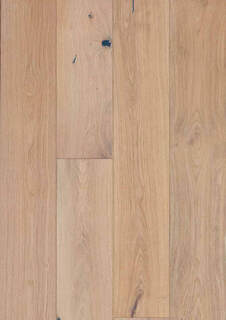
Factors Affecting the Cost
- Material Costs: The type of hardwood you choose can significantly impact the overall cost. From solid hardwood to engineered hardwood, the options are plentiful but come with varying price tags. Exotic woods like Brazilian Cherry can be more expensive than your standard Oak or Maple.
- Labour Costs: The complexity of the installation process can also affect labor costs. For instance, installing hardwood on an angle, or any special pattern would be much harder than installing it in a straight regular install, and this can lead to increase in labor costs.
- Subfloor Preparation: Don't underestimate the cost of preparing your subfloor. Whether it's concrete or plywood, the subfloor needs to be clean, dry, and level for the hardwood to be installed correctly. Sometimes, this might involve additional costs for materials and labor.
- Additional Costs: Finishes like moldings/baseboards, transitions and underlayments, or special adhesives, are several additional costs that can sneak up on you. It's essential to factor these into your budget to avoid any unpleasant surprises.
|
Cost Breakdown by Type of Hardwood
- Solid Hardwood Flooring: is often considered the gold standard in flooring, offering durability and a timeless look. However, it's also on the higher end of the cost spectrum. For more details on solid hardwood options, you can read our solid hardwood flooring page.
- Engineered Hardwood Flooring: Offers a more budget-friendly alternative without sacrificing too much in terms of aesthetics and durability. The cost can vary based on the quality of the top veneer. For an in-depth look at engineered hardwood, check out our engineered hardwood flooring page.
Cost Comparison: DIY vs. Professional Installation
On the other hand, Hiring professionals may seem more expensive initially, but their expertise can save you from costly mistakes in the long run. Plus, the job will likely be completed much faster.
|
FAQ
The average cost can range from $6 to $12 per square foot, depending on the type of hardwood and other factors.
2. Is it cheaper to install hardwood flooring myself?
While DIY can save on labor costs, it's essential to consider the complexity of the job and the tools required. For more on DIY vs. professional installation, read here.
3. What are some hidden costs I should be aware of?
Additional costs can include the removal of old flooring and moving furniture. Always ask for a detailed quote to avoid surprises.
4. Does the type of hardwood significantly affect the cost?
Yes, exotic woods and high-end options will be more expensive than standard choices. For a breakdown by type, visit this page.
5. How can I get the most value for my money when installing hardwood floors?
To maximize your investment, consider the long-term benefits of the type of hardwood you choose, as well as the potential resale value it could add to your home. Always get multiple quotes and ask for detailed breakdowns to make an informed decision.
Is Hardwood Flooring Really Better Than Laminate Flooring? Unveiling the Facts
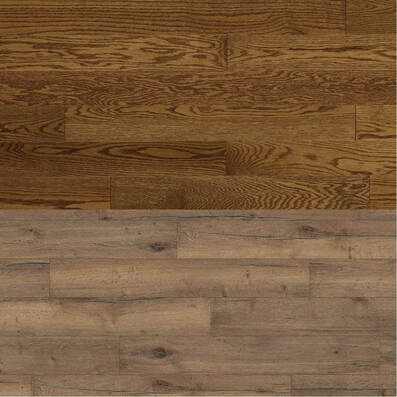 hardwood flooring and laminate flooring samples side by side
hardwood flooring and laminate flooring samples side by side Contact us if you're looking for personalized advice on flooring options.
The Basics: Hardwood vs. Laminate
Hardwood is a natural material made from a single piece of wood, often sourced from trees like oak, maple, or cherry. It's renowned for its durability and can be refinished multiple times to extend its lifespan.
Laminate Flooring
Laminate, on the other hand, is a synthetic material made from multiple layers. While it mimics the appearance of wood, it doesn't offer the same level of durability. However, it is often more affordable and easier to install.
Durability and Longevity
| When investing in new flooring, durability is often a top concern. Hardwood Floors: Built to Last Hardwood floors are known for their long-lasting nature. With proper care, they can last for decades and are less susceptible to wear and tear. Learn more about how to extend the lifespan of your hardwood floors. Laminate Floors: A Practical Choice Laminate floors may not last as long as hardwood, but they are generally easier to maintain. If you're looking for a short-term flooring solution, laminate might be the way to go. |
Aesthetic Appeal
| The visual impact of your flooring can significantly influence the overall ambiance of your home. Both hardwood and laminate offer a range of styles, but they differ in key ways that can affect your home's aesthetic appeal. Hardwood Flooring: Natural Elegance Hardwood flooring is renowned for its natural beauty, offering a range of colors, grains, and finishes. Its timeless appeal can even enhance the resale value of your home. Laminate Flooring: Design Versatility Laminate flooring has evolved to offer a wide variety of designs that mimic the look of wood. While it may not have the authentic feel of hardwood, it offers versatility in design that can suit various home styles. |
Cost Comparison
| Budget is often a decisive factor when choosing flooring. Here's how hardwood and laminate stack up in terms of cost. Hardwood Flooring: A Long-Term Investment For Your Toronto Home While hardwood flooring comes with a higher initial cost, it can be a wise long-term investment due to its durability and potential to increase your home's value. Laminate Floors: Budget-Friendly Yet Stylish Laminate is generally more affordable, both in terms of material and installation. If you're on a budget but still want a stylish look, laminate flooring can be an excellent choice. |
Maintenance and Care
Hardwood Floors: Regular Upkeep for Longevity
Hardwood floors require consistent care, including periodic sanding and refinishing. However, the effort is often worth it, as proper maintenance can extend the life of your hardwood floors.
Laminate Flooring: Easy and Effortless
Laminate flooring is generally easier to maintain, requiring just regular sweeping and occasional mopping. If you're looking for a low-maintenance option, laminate could be your go-to choice.
Environmental Impact
Hardwood Flooring: Renewable but Resource-Intensive
Hardwood is a natural, renewable material but requires significant resources for processing. If sustainability is a priority, consider engineered hardwood as a more eco-friendly option.
Laminate Flooring: Lower Impact, Less Sustainability
Laminate flooring is less resource-intensive to produce but is not biodegradable. If you're concerned about environmental impact, it's important to weigh these factors when choosing between hardwood and laminate.
FAQ
Yes, hardwood flooring is generally more expensive both in terms of material and installation. However, it can be a wise long-term investment.
Can Laminate Flooring Look Like Real Wood?
Modern laminate flooring has improved significantly and can closely mimic the look of real wood.
Which Is Easier to Maintain: Hardwood or Laminate?
Laminate is generally easier to maintain and is a good option if you're looking for a low-maintenance flooring solution.
Is Hardwood Flooring Eco-Friendly?
Hardwood is a natural, renewable resource, but it can be resource-intensive to produce. Engineered hardwood is often considered a more eco-friendly option.
Can I Refinish Hardwood Floors?
Yes, one of the advantages of hardwood flooring is that it can be sanded and refinished multiple times, extending its lifespan.
Which Hardwood is Best for Flooring in Toronto? A Complete Guide
Why Hardwood Flooring Is Popular In Toronto?
| In a city that experiences the full spectrum of weather, from icy winters to humid summers, you might wonder why hardwood flooring is such a popular choice in Toronto. The answer lies in a blend of tradition, aesthetics, and long-term investment. Tradition and Culture: Hardwood flooring has been a staple in Toronto homes for generations. Its timeless appeal transcends fleeting design trends, making it a go-to choice for homeowners seeking both style and longevity. Aesthetics: The natural beauty of hardwood adds a layer of sophistication and warmth to any space. Its versatility allows it to complement a wide range of interior design styles, from modern minimalism to classic elegance. Long-Term Investment: While the initial cost may be higher than other flooring options, hardwood offers an excellent return on investment. Its durability means less frequent replacements, and its classic look can actually increase your home's resale value. Discover why hardwood is more than just a flooring option; it's a wise investment for your Toronto home. |
Types of Hardwood Used in Flooring
| When it comes to hardwood flooring, one size doesn't fit all—especially not in a city as diverse as Toronto. From the bustling downtown condos to the sprawling suburban homes, each space demands a unique type of hardwood. Let's delve into the most popular options: oak, maple, and cherry. Oak: The Timeless Classic Oak has long been a favorite for its durability and distinct grain patterns. It's an excellent choice for high-traffic areas and offers a wide range of stain options. Maple: The Modern Marvel Maple offers a cleaner, more consistent grain than oak, making it a popular choice for modern interiors. However, it's slightly softer than oak, so consider this if you have pets or heavy furniture. Cherry: The Luxurious Choice Cherry wood is known for its rich, deep color that darkens beautifully with age. While it's softer than both oak and maple, its luxurious look makes it a popular choice for formal spaces. Learn how to choose the right type of hardwood that aligns with your lifestyle and aesthetic preferences. |
Climate Considerations for Hardwood Flooring in Toronto
| Toronto's climate is as diverse as its population, and it plays a significant role in the type of hardwood flooring you should choose. From humid summers to icy winters, let's explore how the climate impacts your hardwood flooring options. Seasonal Expansion and Contraction Wood naturally expands in humid conditions and contracts in dry ones. Understanding this can help you choose a hardwood type that minimizes these effects, ensuring your floor's longevity. Moisture Resistance Some hardwoods are more resistant to moisture than others. If your home is prone to dampness, consider options like engineered hardwood that offer better moisture resistance. Temperature Fluctuations Toronto experiences a wide range of temperatures. Some hardwoods, like oak, are better suited to handle these fluctuations without showing signs of wear and tear. Find out how to protect your hardwood floors from Toronto's ever-changing climate. |
Cost Implications: What to Expect
| Choosing hardwood flooring is an investment, and like any investment, it's crucial to understand the costs involved. From the type of wood to installation and maintenance, several factors can influence the final price tag. Initial Costs The type of hardwood you choose will significantly impact the initial cost. Exotic woods like cherry can be more expensive, while local options like oak and maple are generally more budget-friendly. Installation Costs Installation costs can vary based on the complexity of the project. For instance, installing hardwood in an angle versus typical straight install can have a decent price difference, as angle installations are more expensive than straight installations. Maintenance and Longevity While hardwood floors may require an initial investment, their durability can make them cost-effective in the long run. Regular maintenance like sanding and refinishing can extend your floor's lifespan, offering excellent value for money. Check out our portfolio for some real-world cost examples and tips on budgeting. |
How to Choose the Best Hardwood for Your Home
| Selecting the perfect hardwood flooring isn't just about aesthetics; it's about aligning your choice with your lifestyle, the function of the room, and even your pets. Here's how to make an informed decision: Lifestyle Considerations Do you have young children or pets? Some hardwoods are more scratch-resistant and easier to clean, making them more suitable for active households. Room Function The function of the room can dictate your hardwood choice. For instance, moisture-resistant options are better for kitchens and bathrooms, while a luxurious cherry might be perfect for a formal living room. Aesthetic Preferences Your personal style plays a significant role in your choice. Whether you prefer the rustic charm of oak or the modern elegance of maple, there's a hardwood option that will complement your interior design. Our ultimate guide can help you make an informed decision based on various factors. |

Ready to make your choice? Contact us today for a personalized consultation and quote.
FAQQ: Is hardwood flooring suitable for Toronto's climate? A: Yes, hardwood flooring is a popular choice in Toronto due to its durability and ability to withstand the city's diverse climate conditions. However, it's essential to choose the right type of wood and take preventive measures like regular maintenance. Q: What are the most popular types of hardwood in Toronto? A: Oak, maple, and cherry are among the most popular choices due to their durability, aesthetic appeal, and versatility. Q: How much does hardwood flooring cost in Toronto? A: The cost can vary widely depending on the type of wood, the area to be covered, and installation charges. It's best to get a personalized quote for the most accurate estimate. Q: Can I install hardwood flooring myself? A: While it's possible to install hardwood flooring yourself, it's recommended to hire professionals for a flawless finish and to ensure the longevity of your investment. Q: How do I maintain my hardwood floors? A: Regular cleaning, occasional sanding and refinishing, and using protective pads under furniture are some of the ways to maintain your hardwood floors. |
Parqueteam Hardwood Flooring
Hardwood Flooring Toronto and The Greater Toronto Area.
Archives
December 2023
November 2023
October 2023
September 2023
August 2023
June 2023
May 2023
April 2023
July 2018
February 2018
January 2018
December 2017
March 2017
February 2017
January 2017
November 2016
October 2016
May 2016
March 2016
February 2016
January 2016
December 2015
November 2015
October 2015
September 2015
August 2015
July 2015
June 2015
May 2015
April 2015
March 2015
February 2015
January 2015
December 2014
June 2014
May 2014
April 2014
March 2014
Categories
All
Affordable Flooring
Art Flooring
Canada
Canadian
Clean Hardwood Floors
Cleaning Hardwood Floors
Commercial Hardwood Flooring
Condos
Construction
Construction Materials
Consturction
Contractors
Cost And Budgeting
Dark Hardwood Flooring
Design
DIY
Durable Hardwood Floors
Engineered Hardwood
Engineered Hardwood Flooring
Engineered Hardwood Flooring Toronto
Engineered Hardwood Floors
Engineered Wood Floors
European Hardwood Flooring
Floating Hardwood Flooring
Flooring
Flooring Baseboards
Flooring Baseboards Installation
Flooring Benefits
Flooring Comparison
Flooring FAQs
Flooring Guide
Flooring Innovation
Flooring Installation
Flooring Maintenance
Flooring Options
Flooring Refinishing
Flooring Solutions
Flooring Styles And Patterns
Flooring Tips
Flooring Tips And Guides
Flooring Trends
Floors
Glue Down Hardwood Floors
Hardwood
Hardwood Floor
Hardwood Flooring
Hardwood Flooring Contractor
Hardwood Flooring Contractors
Hardwood Flooring Contractors In Toronto
Hardwood Flooring Contractors Toronto
Hardwood Flooring Finishes
Hardwood Flooring Installation
Hardwood Flooring Installation Cost
Hardwood Flooring Installation In Markham
Hardwood Flooring Installation In Toronto
Hardwood Flooring Installation Toronto
Hardwood Flooring Installers In Toronto
Hardwood Flooring In Toronto
Hardwood Flooring Markham
Hardwood Flooring Refinishing
Hardwood Flooring Repairs
Hardwood Flooring Sanding And Refinishing
Hardwood Flooring Toronto
Hardwood Flooring Trends
Hardwood Floors
Hardwood Floors Toronto
Hardwood Stairs
Hickory Flooring
Home Decor
Home Decor Tips
Home Design
Home Improvement
Home Imrovement
Home Investment
Home Renovation
Home Renovations
Homes
Home Solutions
House
Installation
Interior Design
Interiors
Kitchen Remodeling
Laminate
Laminate Flooring
Laminate Flooring Installation
Laminate Flooring Installation Toronto
Laminate Flooring Installers
Laminate Flooring Toronto
Laminate Floors
Maple Flooring
Modern Home Improvement
Oak Flooring
Parqueteam
Parqueteam Hardwood Flooring
Real Estate
Real Estate Value Enhancement
Refinishing
Solid Vs Engineered Flooring
Solid Wood Flooring
Staining Hardwood Floors
Sustainable Flooring
Tips
Toronto
Toronto Climate
Toronto Flooring
Toronto Flooring Services
Toronto Hardwood Flooring
Toronto Home Improvement
Toronto Homeowners
Toronto Homeowners Guide
Toronto Home Renovation
Toronto Home Style
Toronto Living
Toronto Real Estate
Wood
Wooden Floors
Wood Flooring
Wood Flooring Installation
Wood Flooring Installation In Toronto
Wood Flooring Toronto
Wood Floors
Wood Stairs Installation Toronto
Wood Stairs Toronto



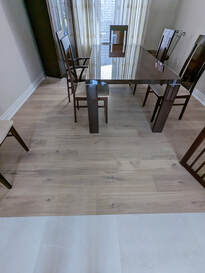
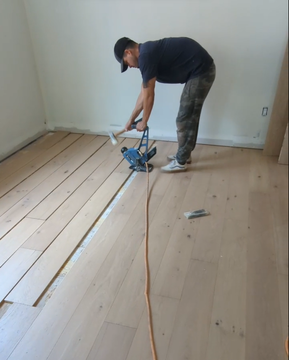
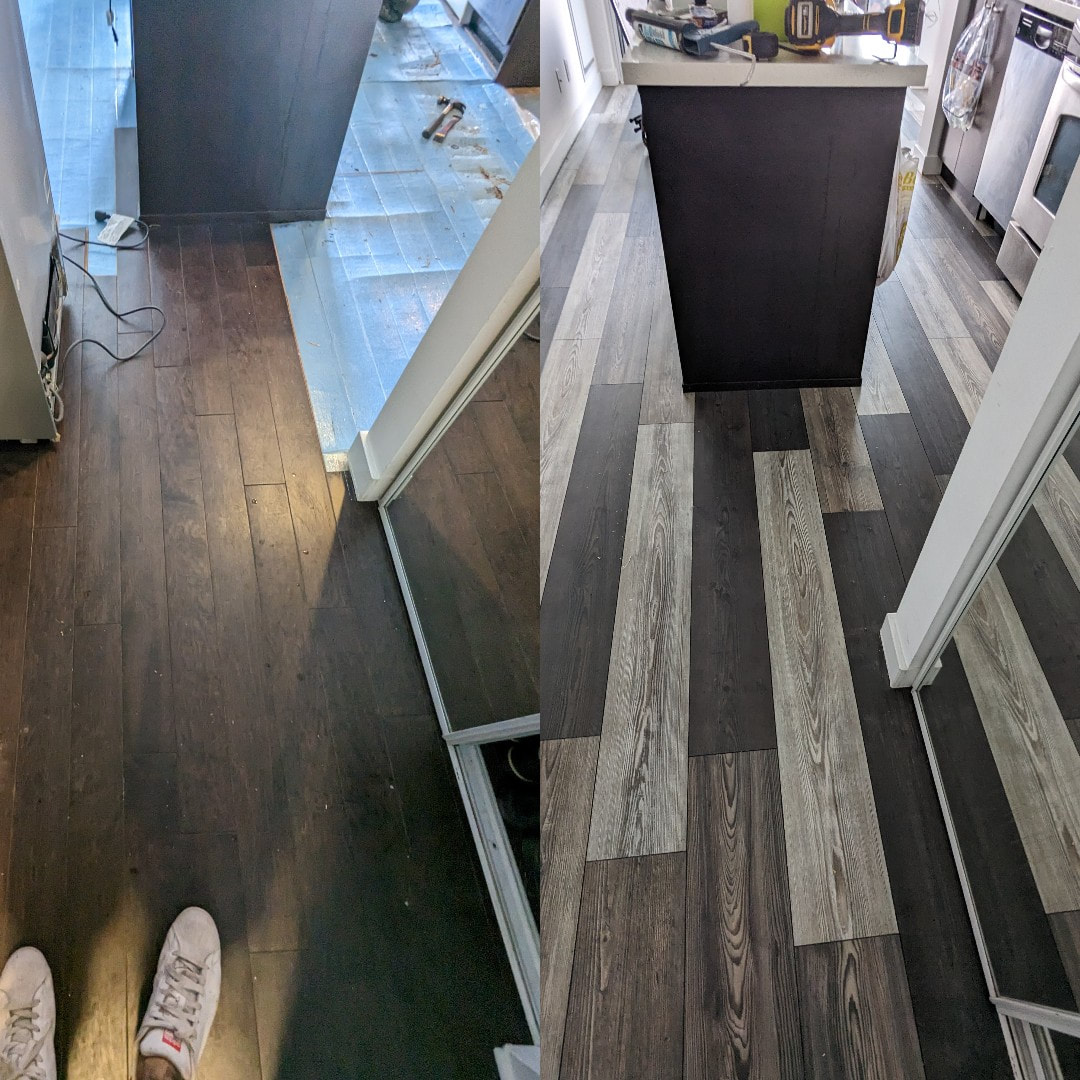
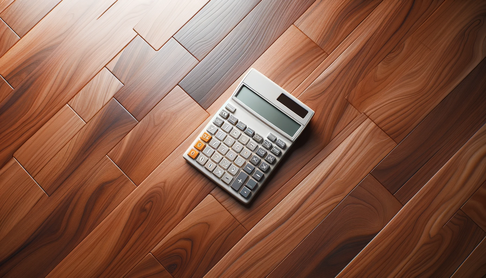
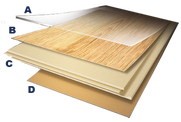
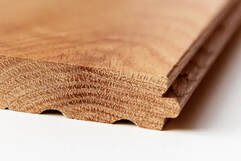
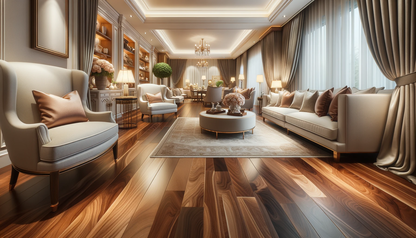
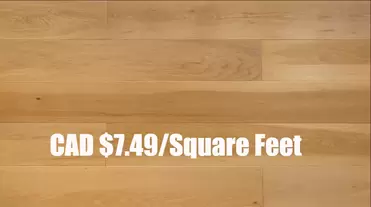
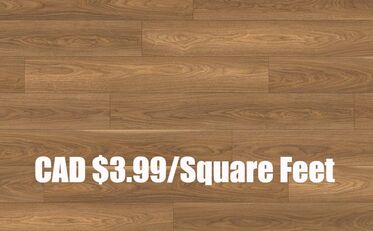
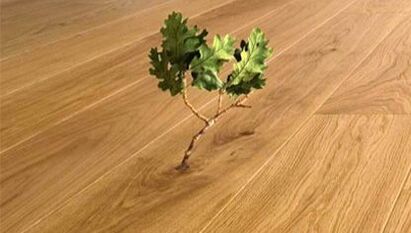
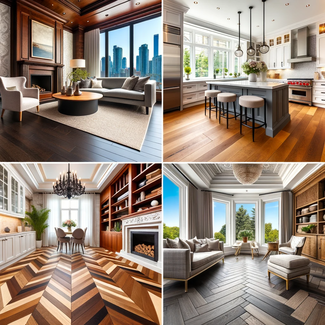
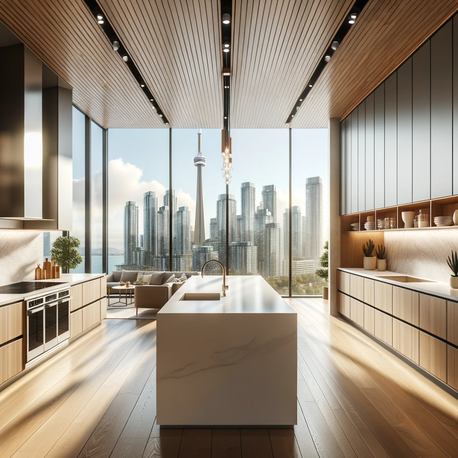
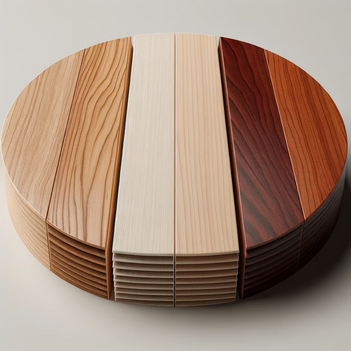

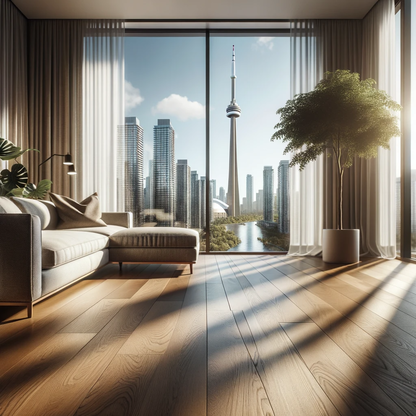
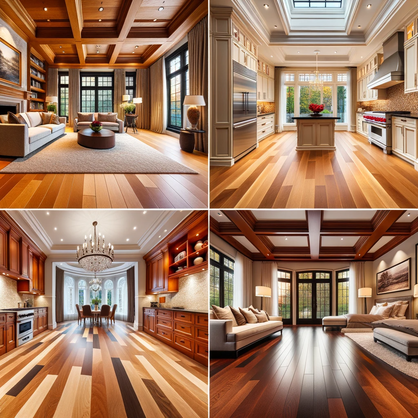
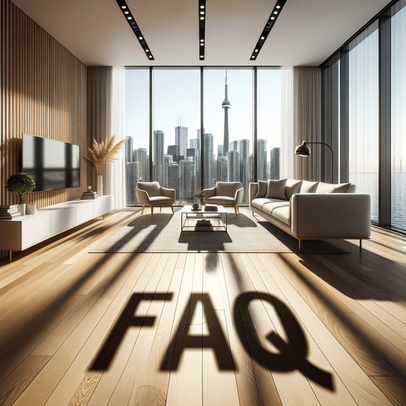
 RSS Feed
RSS Feed

